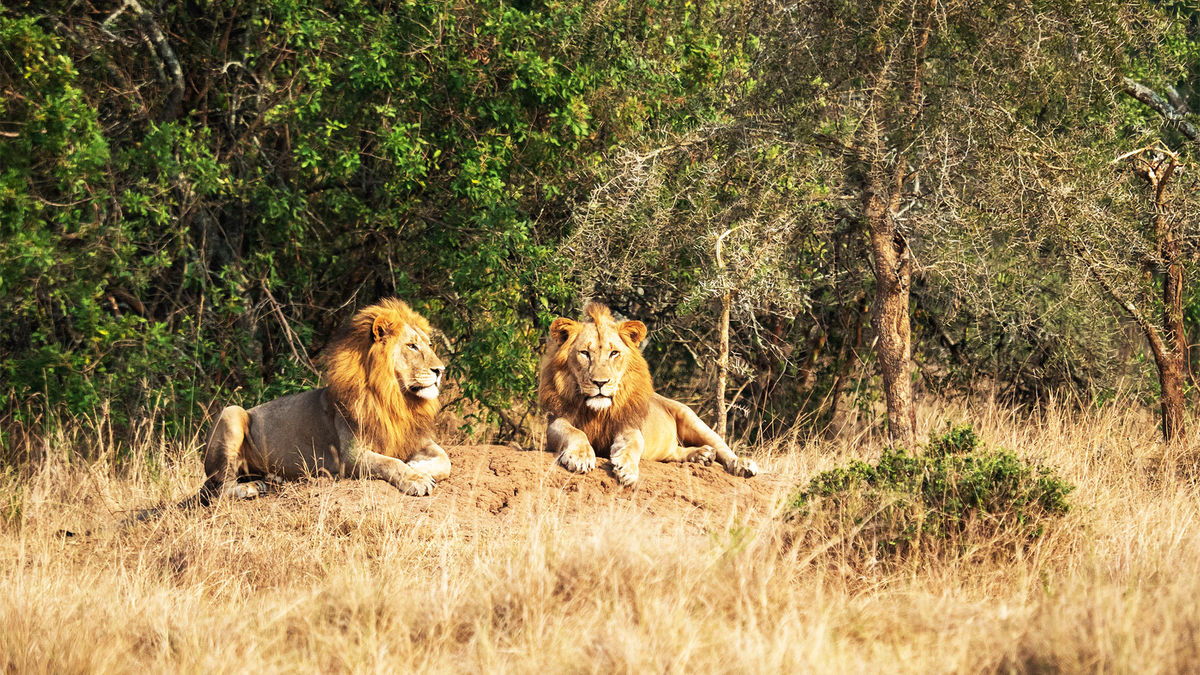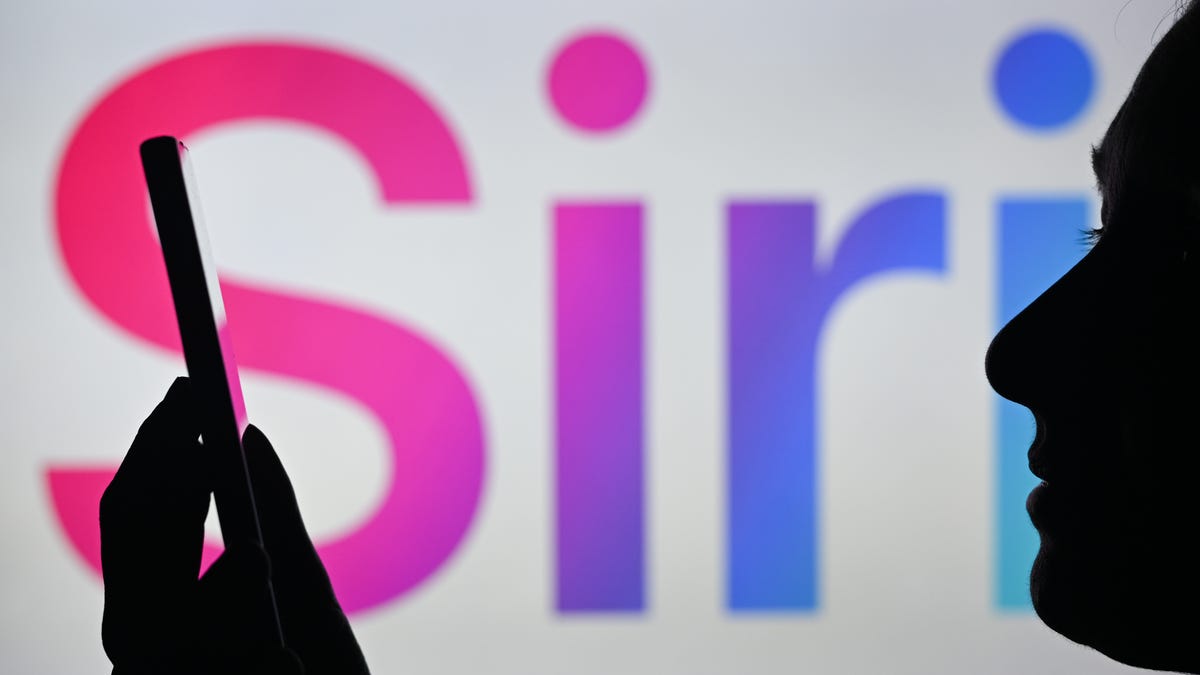Safari operators in Africa say the recent mpox outbreak that originated in the Democratic Republic of Congo has not resulted in a rush of cancellations.
However, those in the African travel community are noticing a pattern of hesitation and increased inquiries about how safe it is to travel to the continent now, suggesting that media coverage about the spread of the disease is seeping into travelers’ decision-making processes.
Anxiety surrounding mpox is particularly frustrating to operators given the relatively low risk to travelers and the protocols put in place since the World Health Organization (WHO) declared the disease a Public Health Emergency of International Concern on Aug. 14.
“Most clients have inquired about whether they need to take special health precautions, while a few have asked about whether itinerary changes are necessary,” said Kili McGowan, co-owner and CEO of Next Adventure.
Pearl Jurist-Schoen, Extraordinary Journeys‘ head of sales for Africa, is fielding similar inquiries.
“People have been asking if they should be worried, which we can interpret as they are concerned because they’re hearing about it. But they don’t know how worried they should be and want to know what we know and how concerned we are,” she said.
Mohanjeet Brar, managing director of Gamewatchers Safaris and Porini Camps, said potential clients have delayed bookings due to mpox concerns.
“We have had people who were about to book and who suddenly decided to wait,” he said.
The uptick in caution reflects the uncertainty fueled by media narratives surrounding mpox. Industry leaders note that the outbreak that prompted the WHO warning was in the Democratic Republic of Congo, a country that is far from many of the destinations travelers would be visiting. Yet, the WHO has also reported confirmed cases in Burundi, Kenya, Rwanda and Uganda.
“I explained [to concerned clients] that the general view is that the WHO has declared mpox a world emergency to get the world’s attention to the issue and start sending vaccines to Africa and working on improving the current smallpox vaccine,” said Jim Holden, president of Holden Safaris. “I also explained that Cape Town is about as far from the epicenter of mpox in the Congo as Los Angeles is to New York. I told them there’s no reason to hide under their beds at this stage.”
Traveler fears have familiar ring
What makes this situation particularly disheartening for many in the African travel sector is a nagging sense of deja vu.
A decade ago the reporting of an Ebola outbreak, primarily concentrated in West Africa, led many potential travelers to view the entire continent as a danger zone. That led to widespread cancellations and economic hardship for many countries where tourism plays a vital role.
Similarly, the early days of the Covid-19 pandemic saw knee-jerk travel restrictions and media narratives that disproportionately impacted Africa, despite the fact that case numbers were often lower there than in other parts of the world.
“If the reporting continues along the same trend and the situation continues to be taken out of context, it can have a huge negative impact on tourism and on economies within Africa,” Brar said.
McGowan emphasized the value of clear, factual communication, suggesting that “short, clear statements with facts from recognizable public health agencies are most effective.” Also useful, she said, are maps showing the global spread of the mpox, especially from the 2022-2023 outbreak, when the U.S. had the most cases.
She added, “Although the headlines are concerning and the World Health Organization should prioritize delivering vaccines to [the Democratic Republic of Congo], we believe this won’t pose a significant risk to safari travelers given the nature of this disease and how it spreads.”
Brar said it’s important for travelers to understand the nature of the disease. According to the WHO, mpox spreads through close contact, such as skin-to-skin, mouth-to-mouth or mouth-to-skin contact.
“Mpox doesn’t spread as easily as Covid-19,” he said. “The WHO identifies specific high-risk groups, which is very different from Covid-19’s widespread impact. With good systems in place at borders and airports and contact tracing, the risk to safari travelers is minimal.”
Gareth Venner, director of sales and marketing for the Mantis Collection, said there may be pockets of uncertainty among travelers, but that this can be countered with the right information.
“Our guests typically inquire about the precautions we’re taking, which we’re always happy to discuss,” he said. “We emphasize our ongoing commitment to stringent hygiene practices and our partnerships with local health authorities to ensure a safe experience.”








